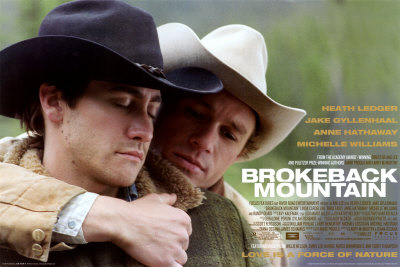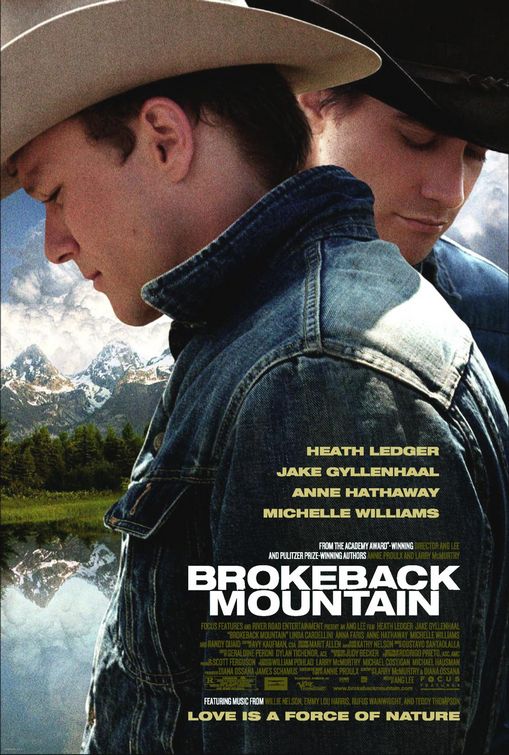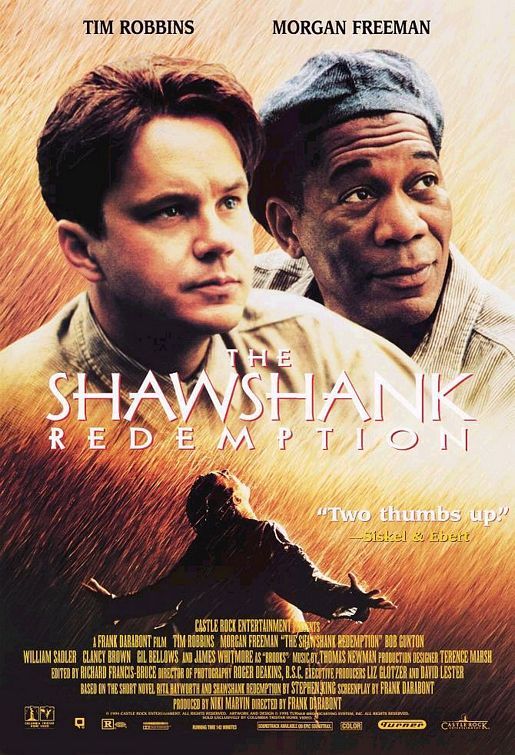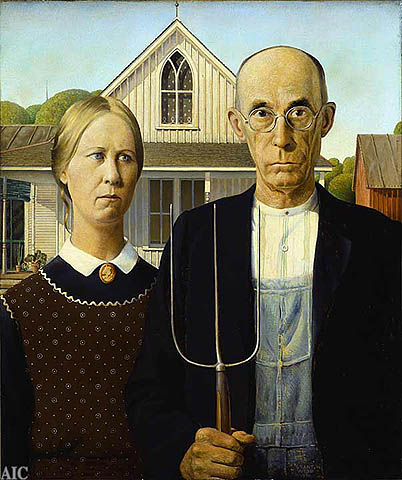
Both men probably felt the need to prove to others that they were not gay. Both actors we able to show very intense emotions for each other on the screen. It is inevitable that some people would question their sexuality due to the effective manor in which they portrayed 2 gay men. It is also possible that they needed to prove to themselves that they were not homosexuals. By throwing themselves into the characters, they may have begun to question themselves. The affair with Ledgers' co-star and Jakes' masculine war movie could have been used to ease their fears of homosexuality. Both men have a much larger audience to prove their masculinity to, so any accusation of homosexuality would strike at them harder. Both men needed to protect their careers as well. They did not want Brokeback to set the rest of their roles. Elijah Wood will never shake being Frodo Baggins. This identification could destroy Woods career. Perhaps Jake and Heath were afraid that this film would lock them into certain parts.
I do not believe they were uncomfortable playing gay characters. If they were, they would not have done such an amazing job. Both men have to deal with tabloids, news casts, and an audience as a whole. This added pressure is going to cause behavior that is unusual to a public that never is under such a magnifying glass. By playing gay men in such a convincing manor could cause people to think they are gay. It would make sense that they would try to prevent a view of them that is not true. The fact that they filmed masculine movies on the side could have been nothing more than their agents looking out for their careers.
































